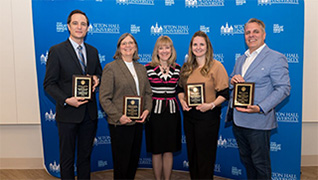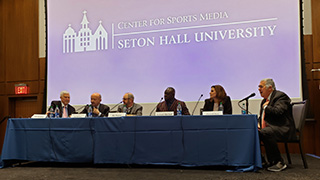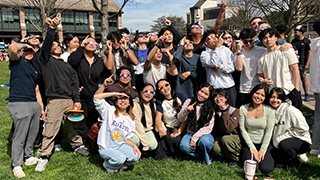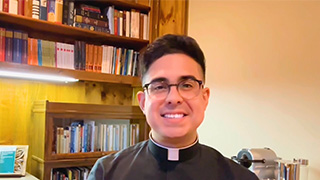Seminar on Functional Foods, Bioactives and Health
Thursday, September 28, 2017
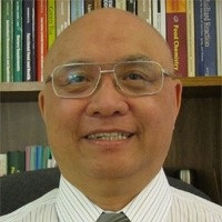
The seminar will be held on Tuesday, September 19, 2017 from 5:45 – 7:00 p.m. in the Helen Lerner Amphitheater in McNulty Hall at Seton Hall University. Refreshments are available at 5:30 p.m.
It has been more than two decades since the term "functional food" was first introduced in Japan. Generally, functional foods are foods containing some demonstrated health benefits beyond their basic nutritional value that arises from their constituent proteins, lipids, and carbohydrates as well as from vitamins. Functional food ingredients and nutraceutical products are important in health promotion and disease risk reduction. Many reports on the potential health benefits and biological, as well as chemical, activities of foods have been published, thus increasing consumers' interest in the relationship between diet and health.
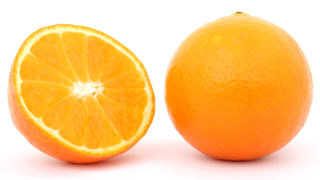
We will also discuss the dual roles of flavonoids in inhibiting the formation of reactive oxygen species and reactive carbonyl species which are two main causes of aged-related diseases.
Professor Chi-Tang Ho received his B.S. degree in chemistry from National Taiwan University in Taipei, Taiwan. He then went on to receive both his M.A. and Ph.D. in organic chemistry from Washington University in St. Louis. After completing two years as a post doctorate fellow at Rutgers University, he joined the faculty at Rutgers University as an assistant professor in the Department of Food Science in 1978. He was promoted to associate professor in 1983. In 1987 he was promoted to Professor I, and in 1993 he was promoted to Distinguished Professor. He has published over 700 papers and scientific articles, and is an editorial board member for a variety of publications, including the Journal of Agricultural and Food Chemistry. He has also won numerous awards including two honorary professorships, and has served in the Division of Agricultural and Food Chemistry of the American Chemical Society in various positions including as division chair. His current research interests focus on flavor chemistry and bioactivities of natural products.
The Department of Chemistry and Biochemistry offers B.S., M.S. and Ph.D. degrees with specializations in all areas of chemistry. Our unique research environment, including traditional full-time students and part-time students is designed to foster collaborations with industry and colleagues in other disciplines. The Rose Mercadante Seminar Series is named for Rose Mercadante, the departmental secretary for over 40 years, in honor of our alumni, her "boys and girls."

